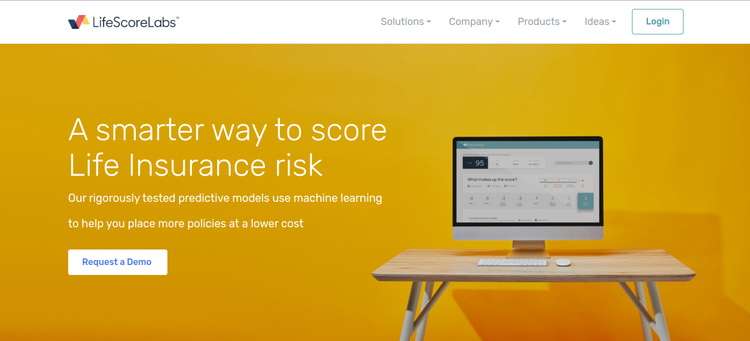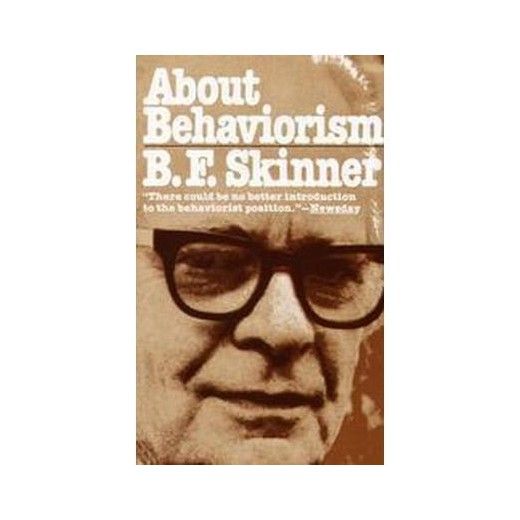Instant messaging as a reporting tool
I'm on Yahoo Messenger about 12 hours a day.
I can't report without it. I can't edit without it. I'm not even sure I can live without it.
And if you're a working journalist who doesn't know what I'm talking about, then you are falling behind your peers.
I started instant messaging on AOL a few years ago, chatting with friends while I worked. Then, when I was at Bloomberg, that company rolled out its own IM system. And I used it to talk with co-workers and sources who had Bloomberg terminals.
Now I'm a Yahoo guy -- largely because much of my day is spent covering the petroleum feedstocks market. And everyone in that business works through Yahoo. Two of the B2B publishers I work with also use Yahoo to communicate with staff.
I've taken to urging B2B reporters to join the IM world because IM is exactly the sort of tool a reporter needs. It's faster than email. It's transparent (the system tells you whether or not someone is online.) And, for reasons that I don't quite understand, sources who hesitate to talk on the phone or exchange emails are willing to chat via IM.
Odds are that the industry your publication covers has adopted an IM system. Find out which is preferred by your sources. Then join the conversation. If no one is using IM in your industry -- which is impossible in a field such as oil, stocks, bonds, currency, shipping or any business with a trading component -- then start the craze yourself.
Here's what you'll find:
1) Sources who traditionally have been hard to reach will suddenly become accessible.
2) The speed of your reporting will increase rapidly.
Here's what you need to be cautious about:
1) IM is a form of chat. Eloquent conversations are nonexistent. You can use IM effectively to get yes/no answers, figures, dates, story tips and general information. But to get a useable quote, you will often have to ask sources to elaborate.
2) IM is an informal medium. Sources don't see talking via IM as an interview. The advantage of that is they will talk more freely than if you get them on the phone. The disadvantage is that the first time you publish a quote from IM, you're likely to lose a source. Here's my rule. I'd urge you to adopt it. Unlike a phone call, which is on-the-record unless otherwise stated, an IM conversation is not-for-attribution unless otherwise stated. In other words, if you want to pull a quote from an IM chat, tell your source you want to do that.
3) IM conversations are filled with icons that denote emotions, such as the widely understood smile symbol :> There's a reason for this: rapid typing, use of abbreviations and short phrases make it easy for people to misunderstand IM. In particular, jokes and puns are often read as serious. Learn the icons and use them.
Most IM systems are free. There is no reason for you not to master this tool now. Besides, the clock is ticking. The young people who want your job, the new kids coming to work in the industry you cover, are all chatting on IM. Check out this research, which shows that kids think email is for old people.
(FULL DISCLOSURE: I consult with a group of university researchers who study how demographic differences are reflected in price negotiations conducted via IM. We're developing seminars and related products aimed at helping traders become better negotiators.)
tags: journalism, b2b, media, trade press, magazines




